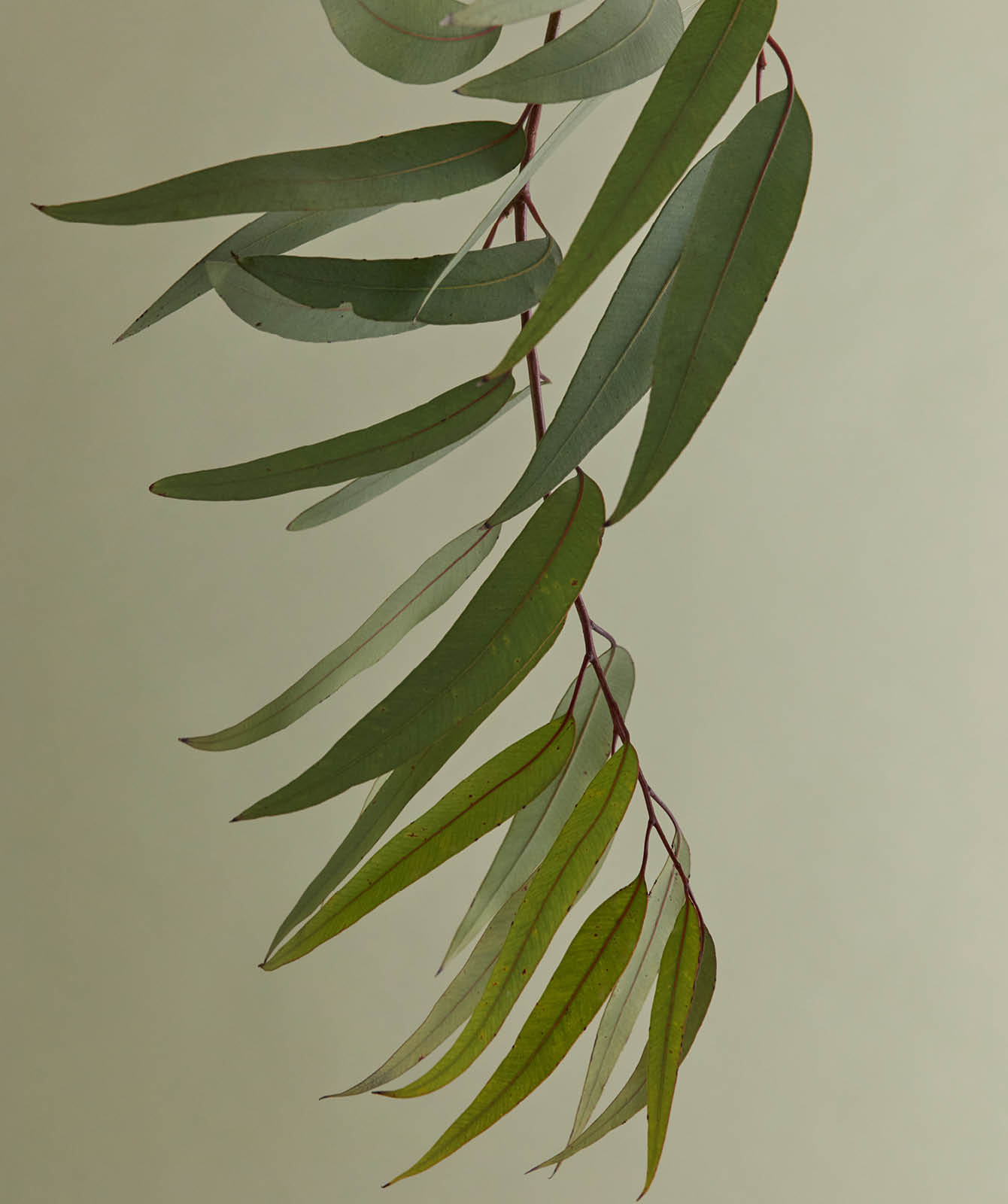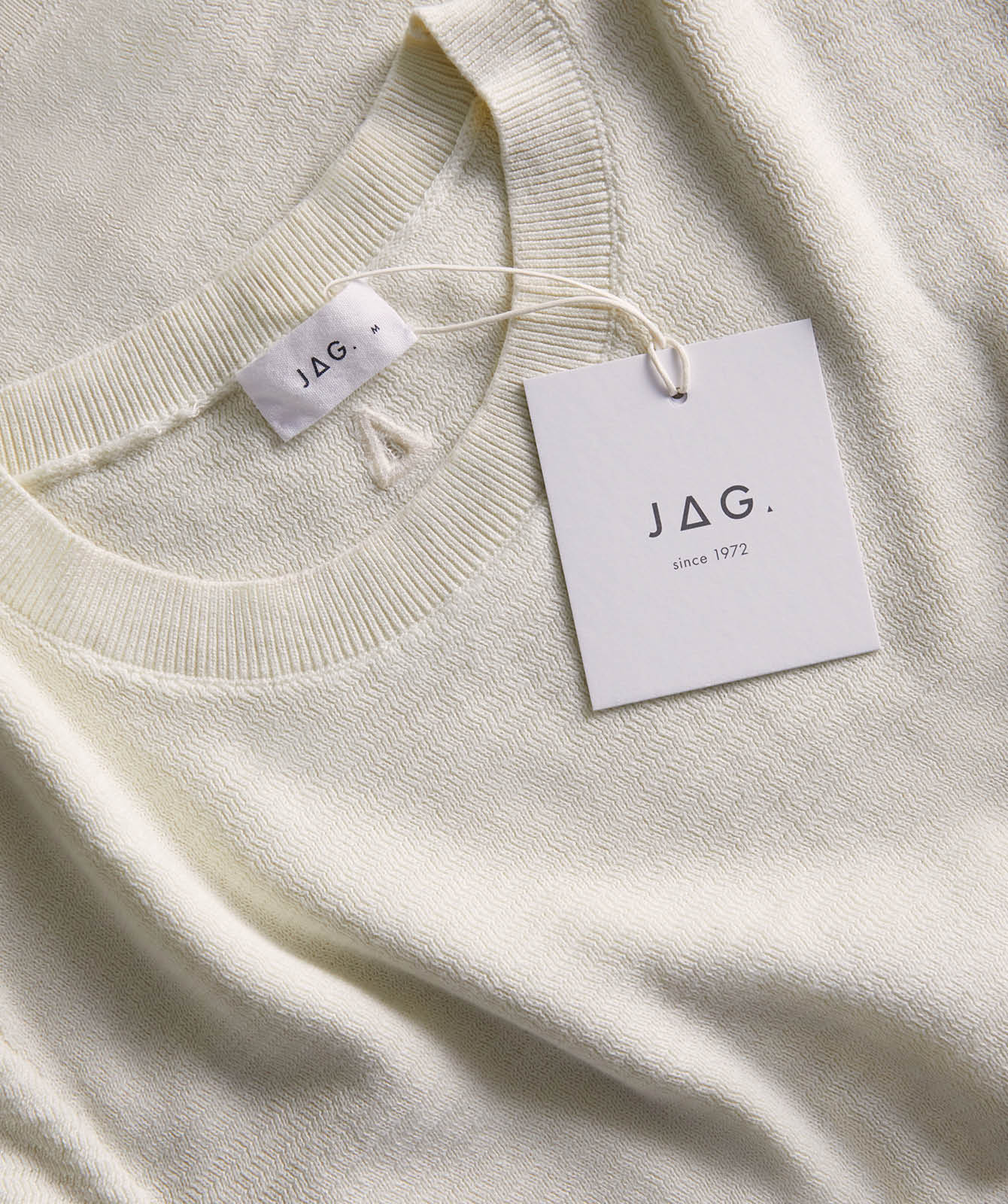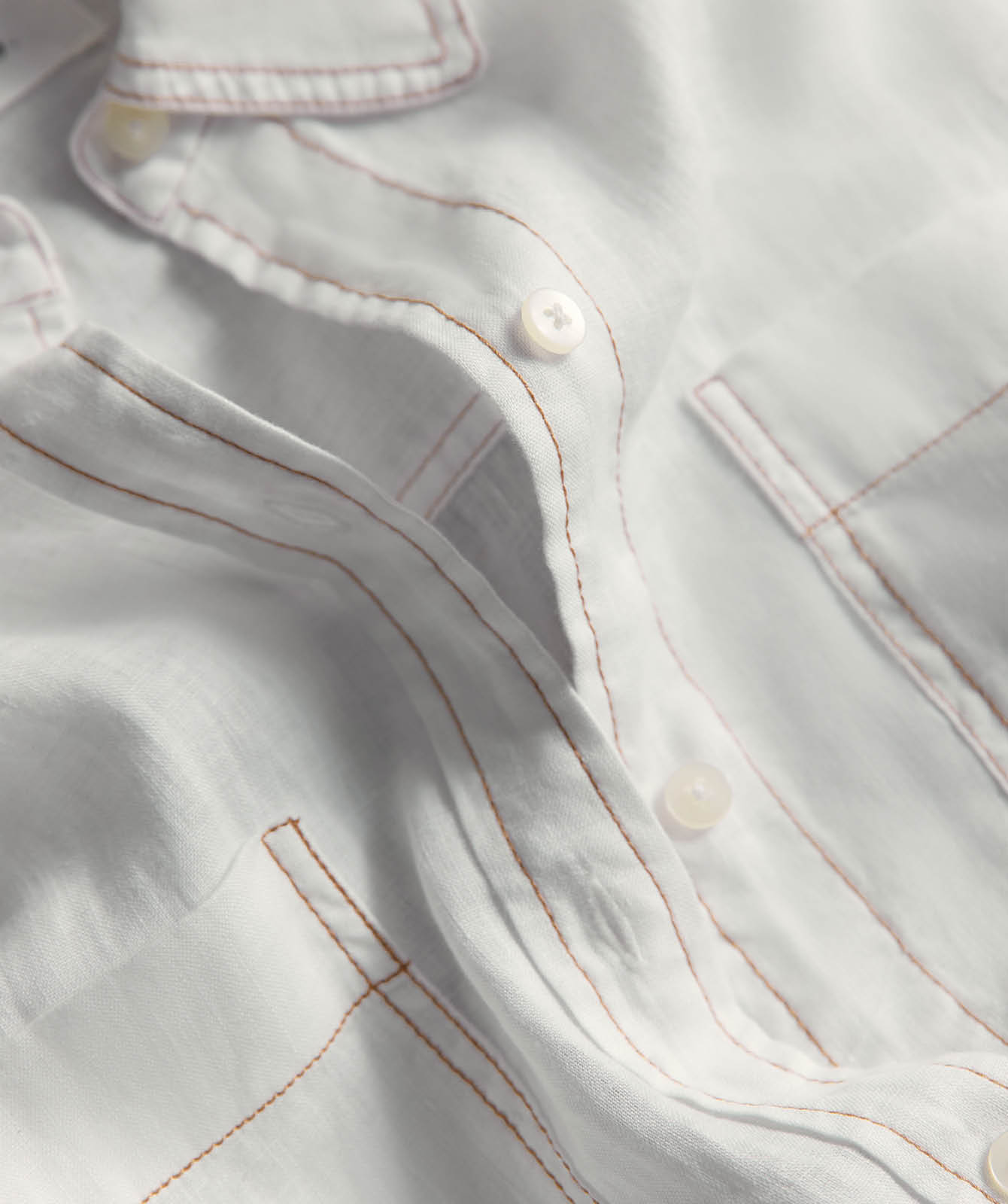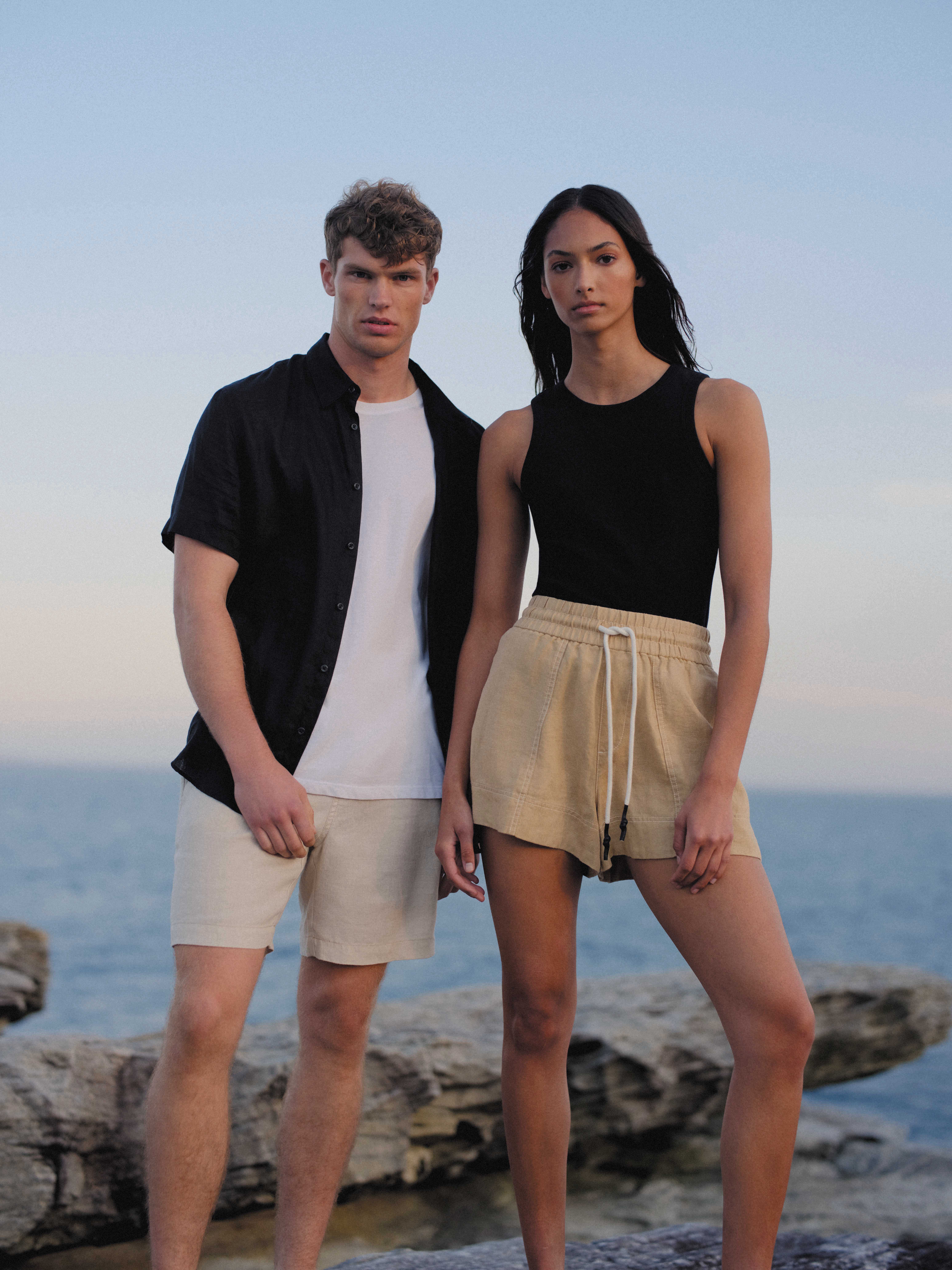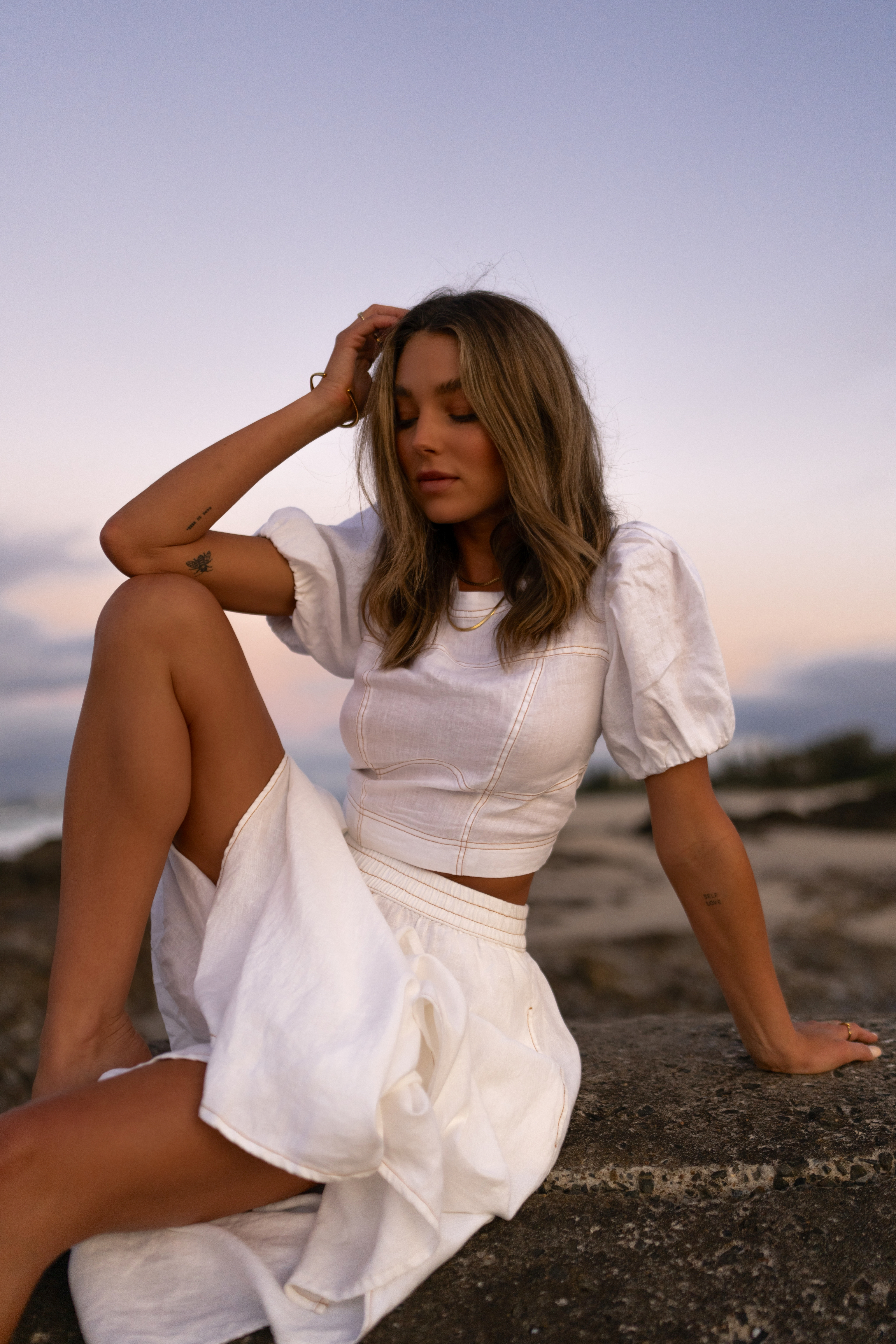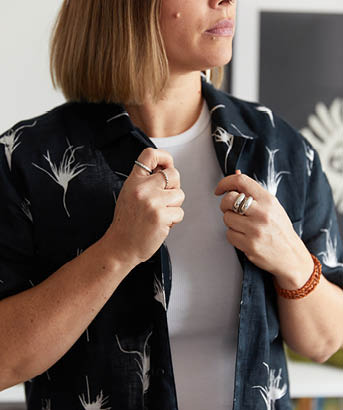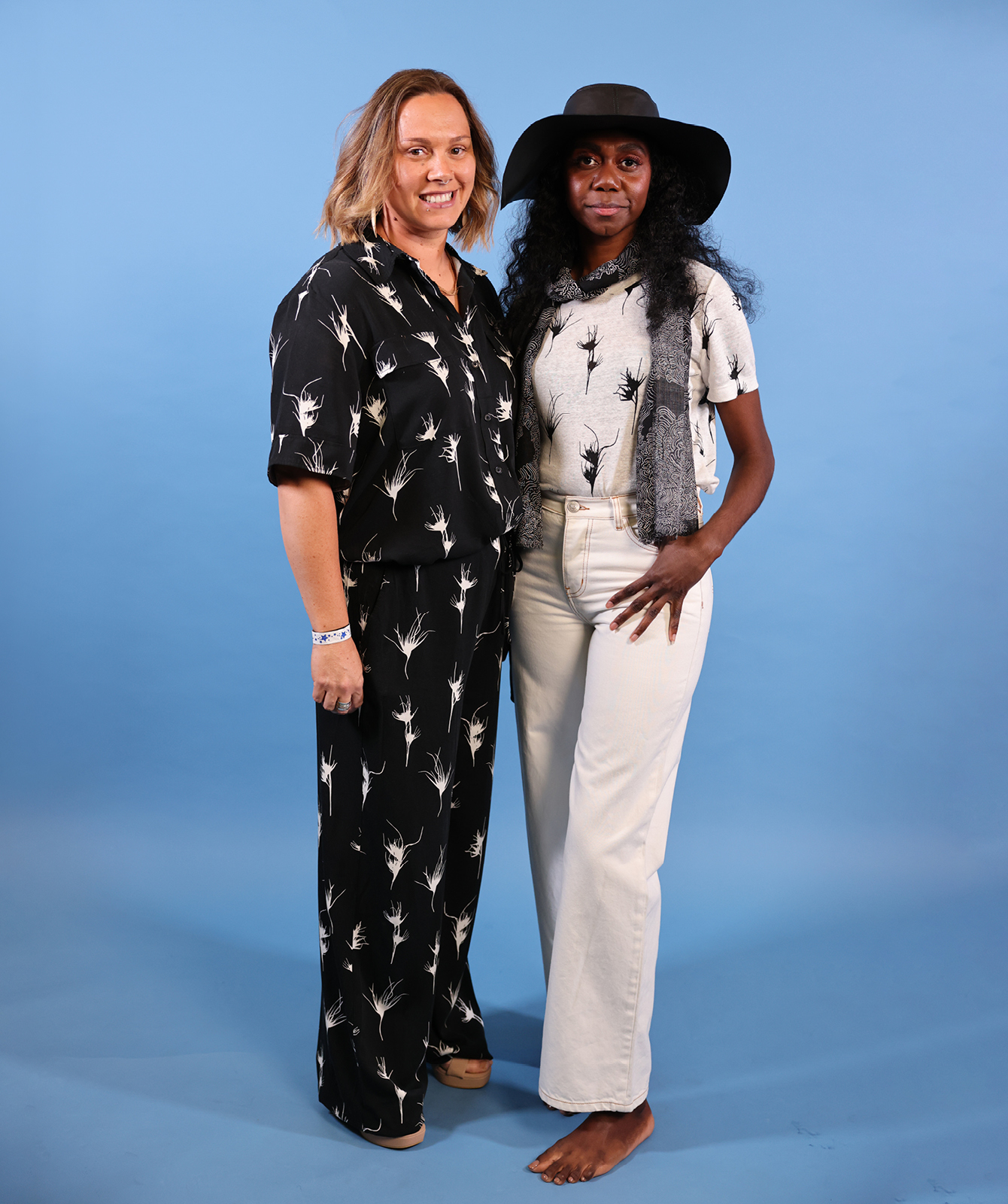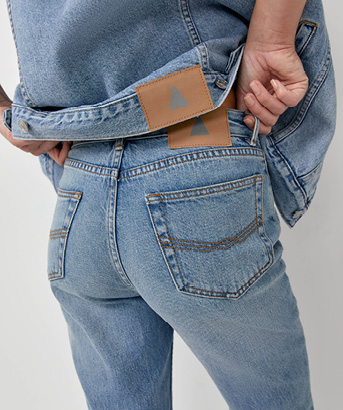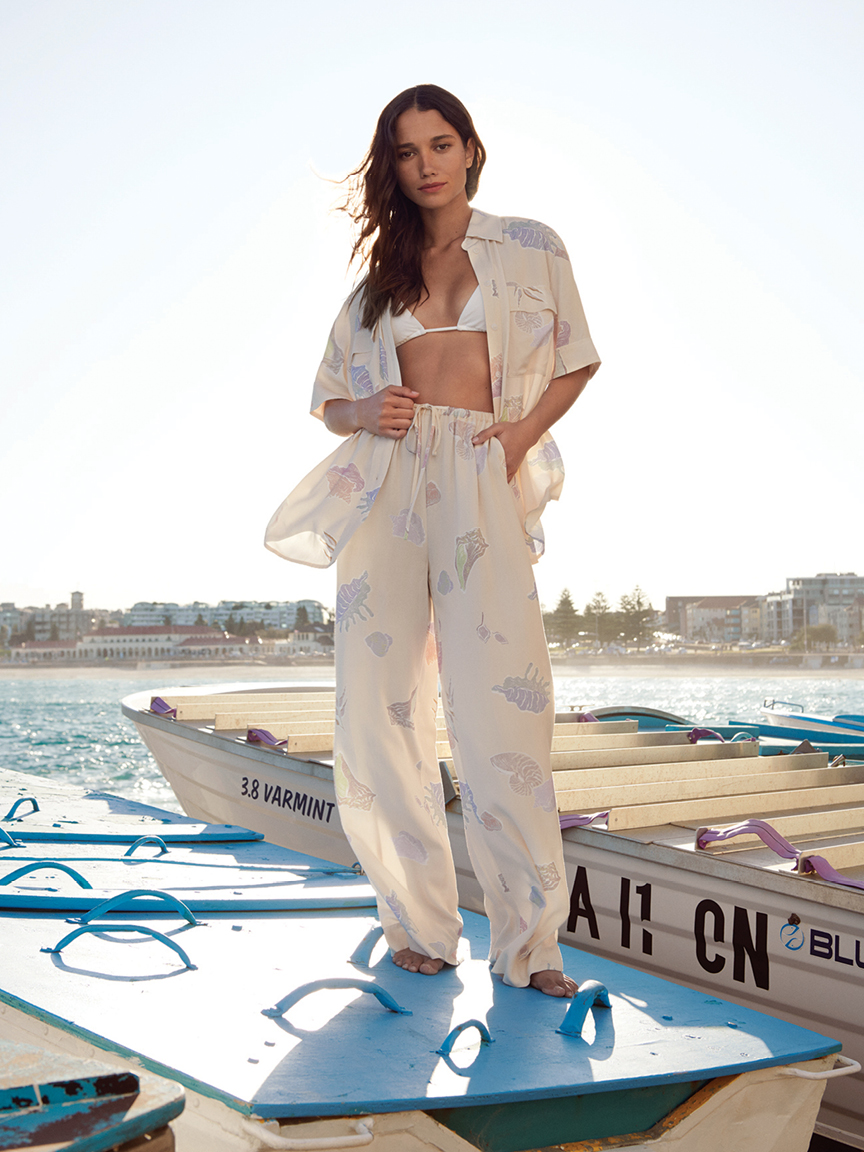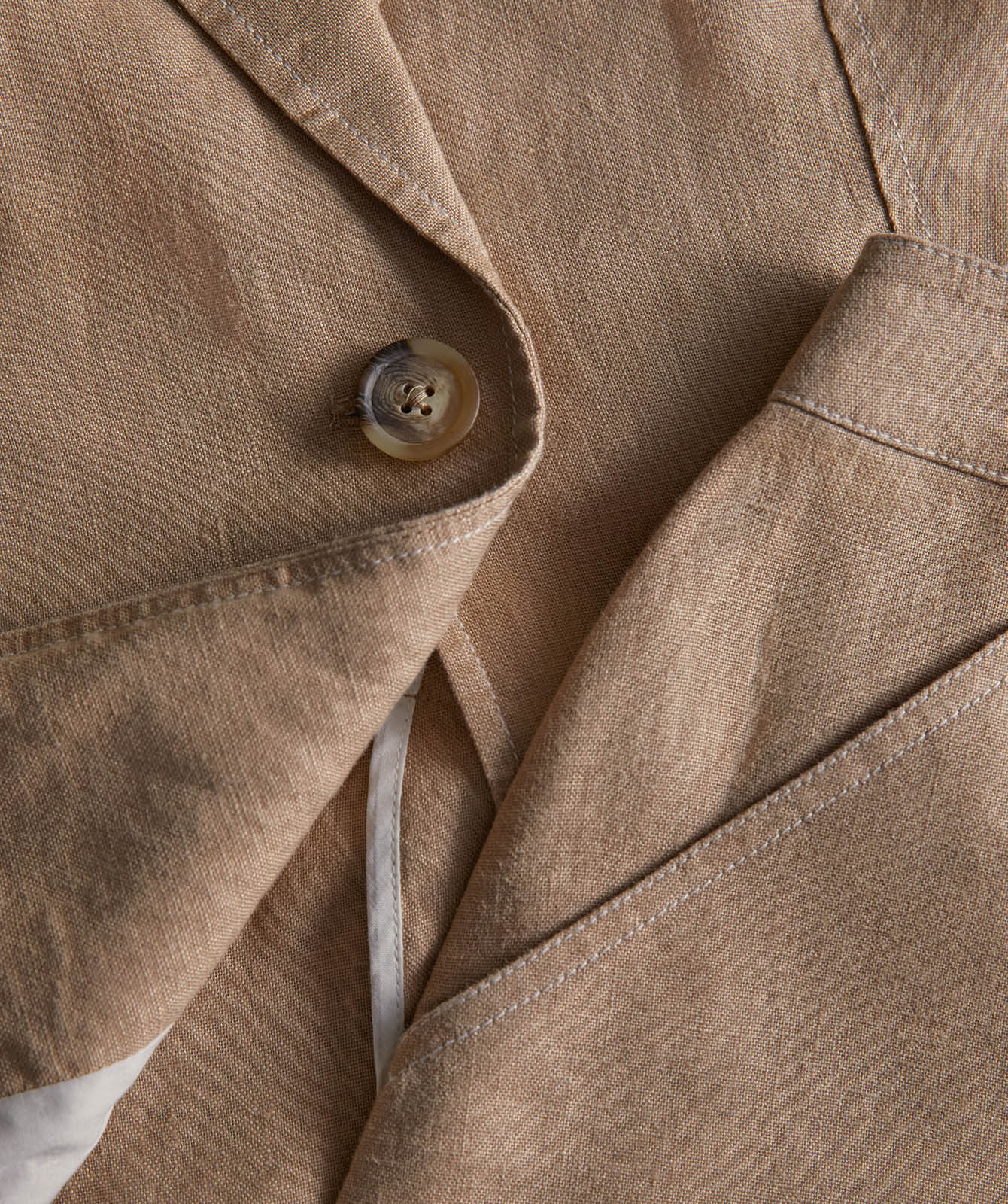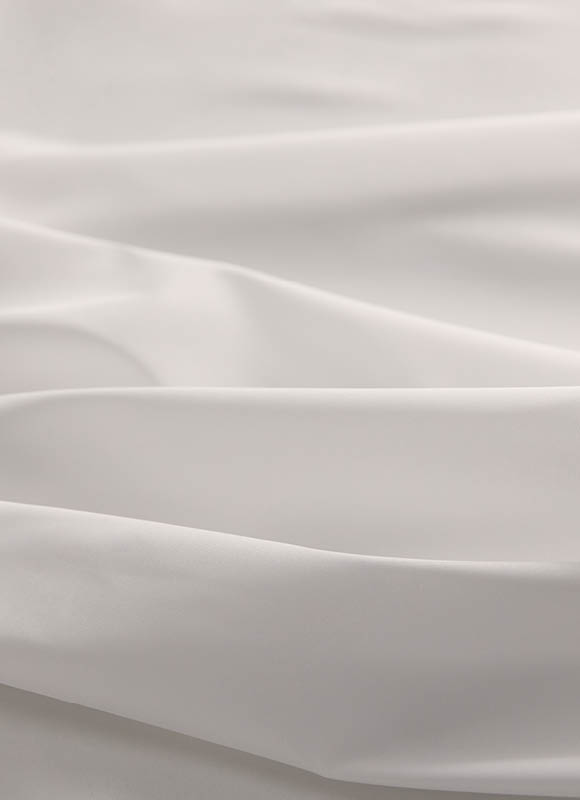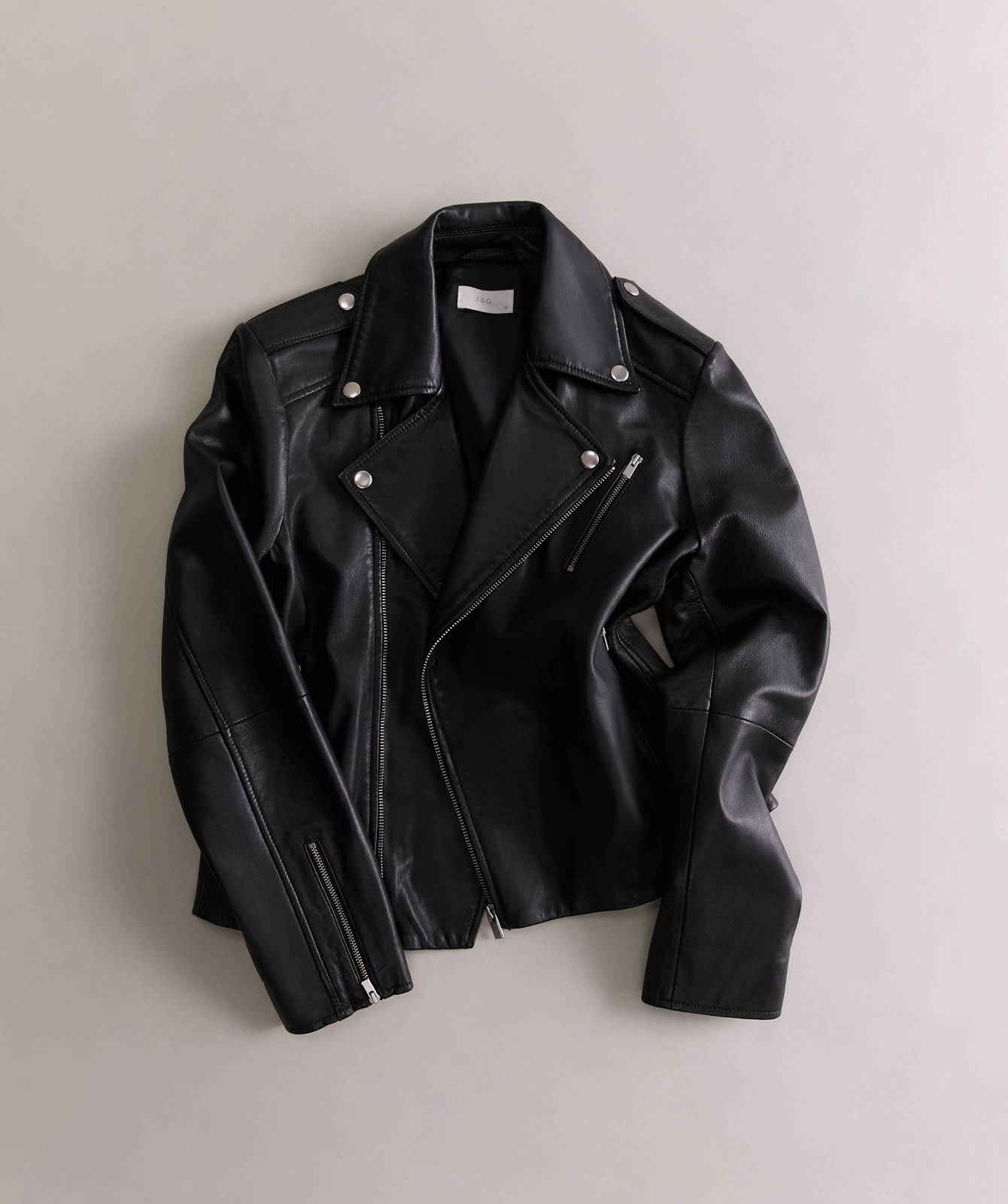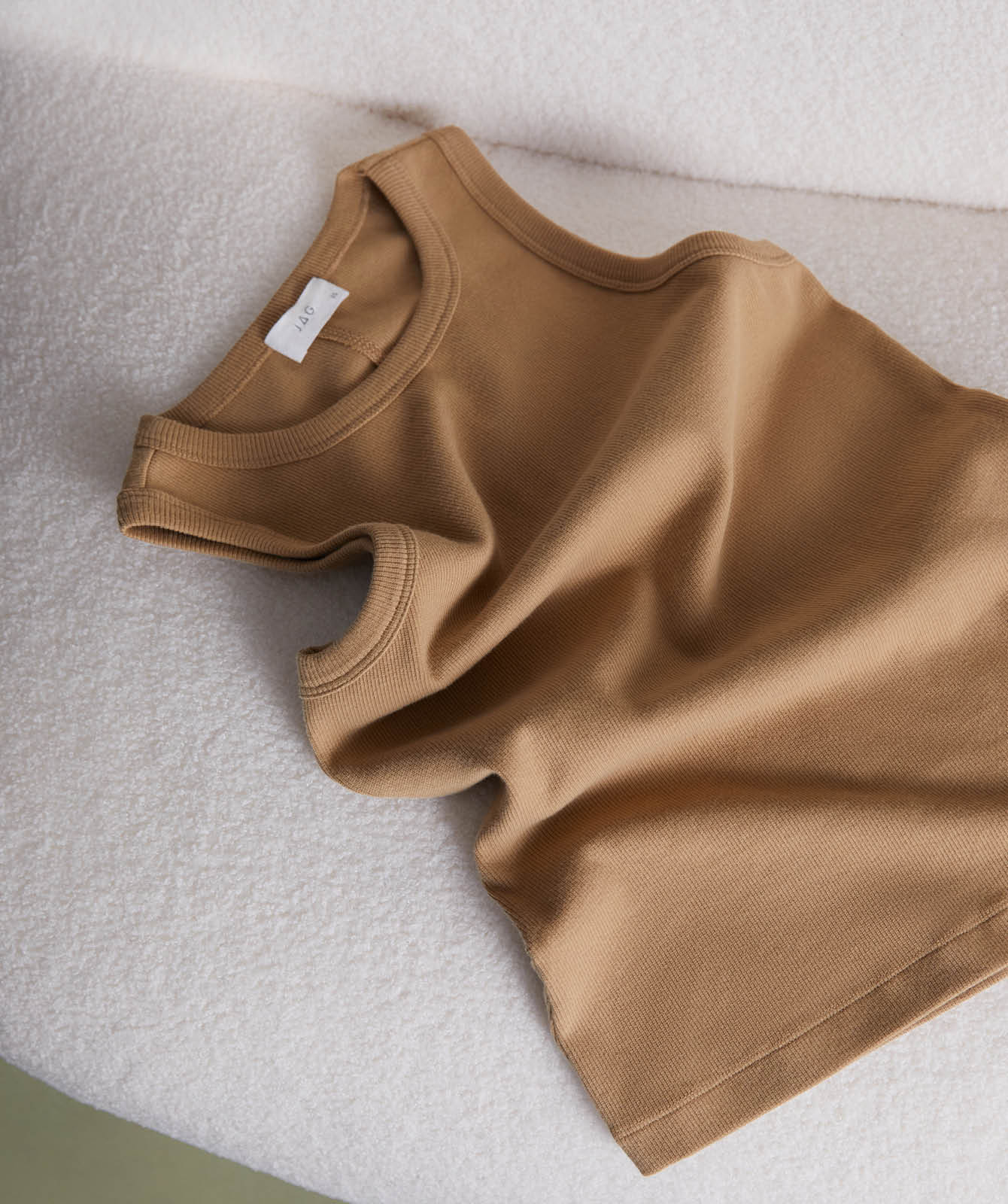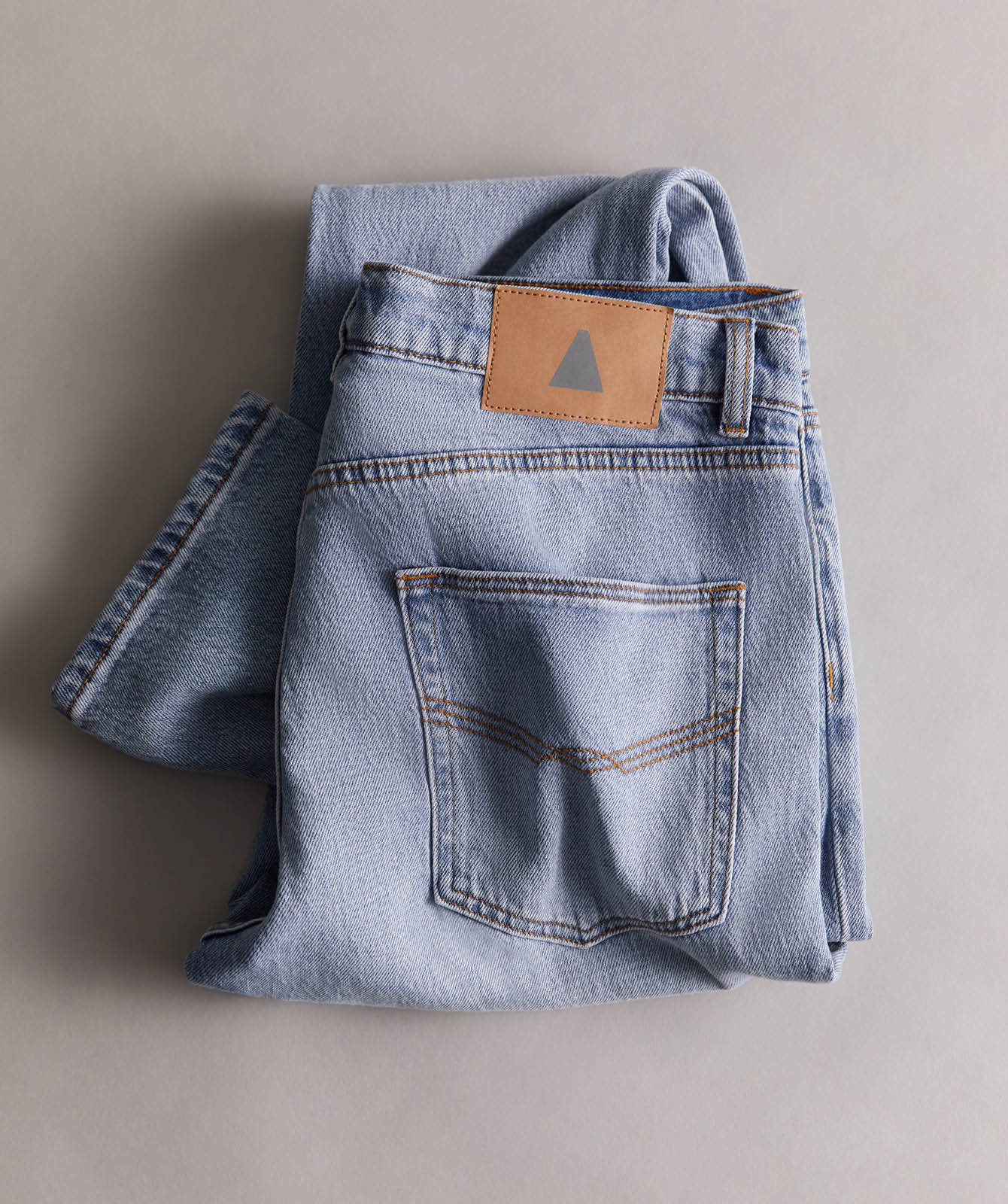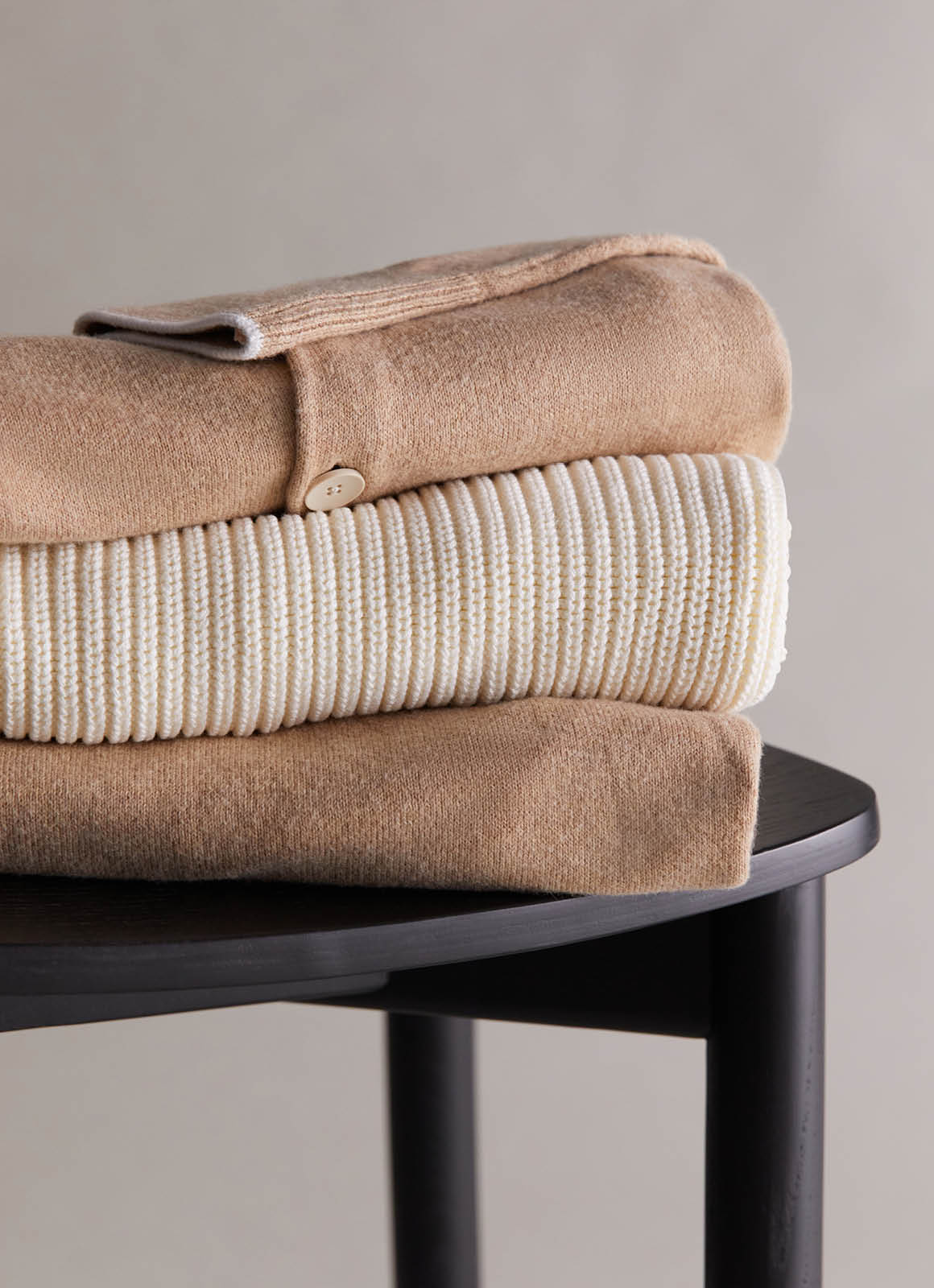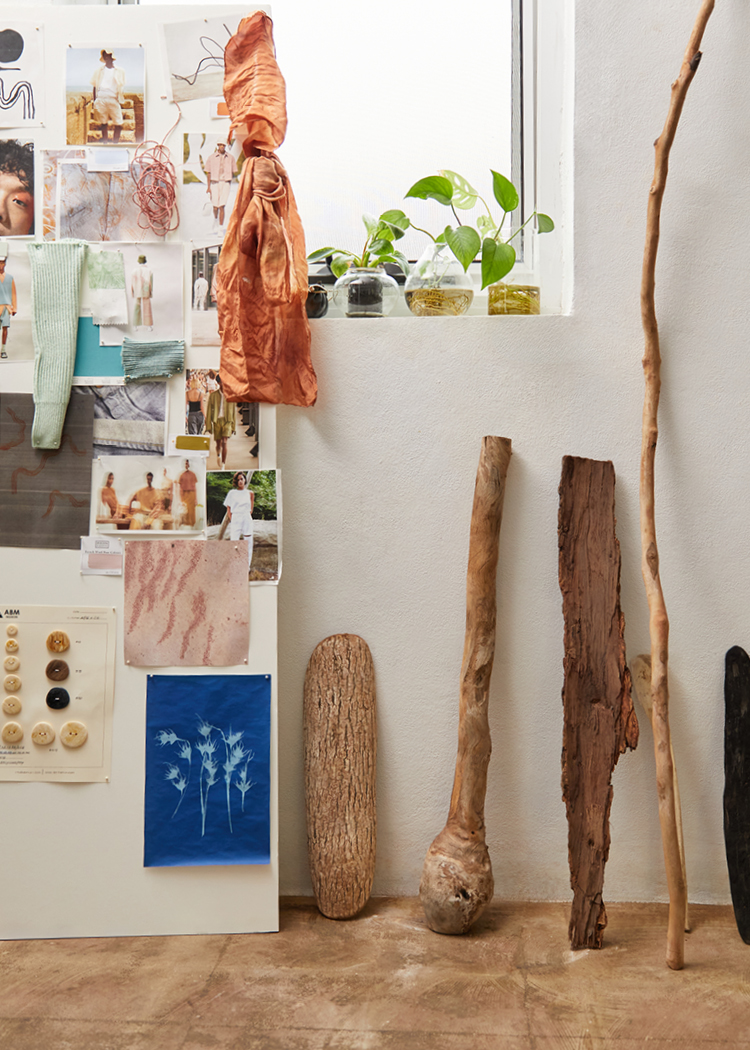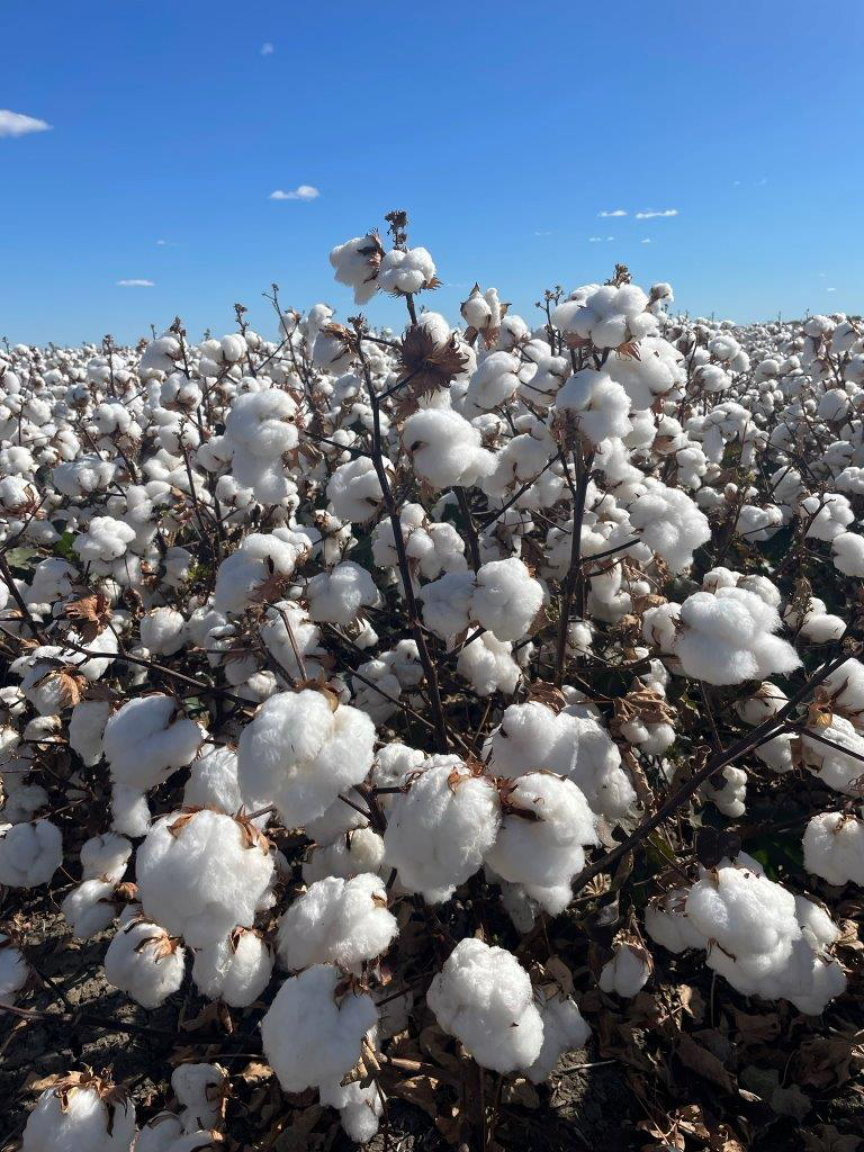FIBRE 101: MAN-MADE CELLULOSICS
1 Aug 2023
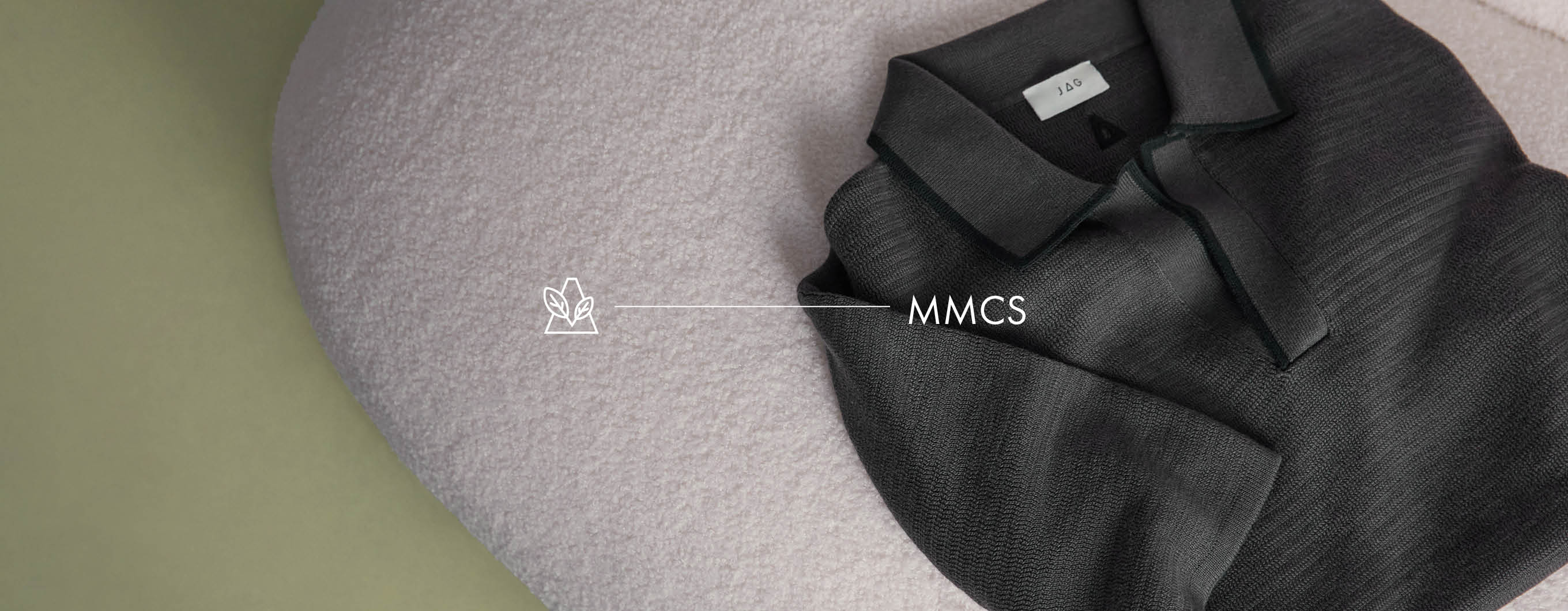
FIBRE 101: BEHIND THE CONSCIOUS DECISION
Regenerated cellulosics are a bit like cotton, but with some key differences. Man-made cellulosic fibres (aka, MMFCs), commonly known as viscose, rayon and modal, are unique in the world of textiles. They’re created through a hybrid process where natural materials – wood pulp (the ‘cellulose’ of trees) or cotton waste – are broken down and mechanically turned into a pure cellulosic fibre. This means they can be engineered into an incredible variety of fabrics, and can even mimic the fluidity of silk! Not all of these fibres however are created equally. Their production can contribute to deforestation and pollution if the wood used to create them isn’t sourced responsibly. We’re prioritising the use ofLenzing™ trademarked fibres as the wood sourced for their production comes from sustainable forestry, and their chemical waste is recovered and reused in a closed-loop process.
RESPONSIBLE MATERIALS 101: LENZING ECOVERO™ & TENCEL™
Lenzing ECOVERO™ and TENCEL™ are a little bit of a holy grail in terms of responsible fibres, and a true standout in our collections. These fabrics are derived from wood pulp sourced from responsibly managed forests, and processed using unique closed loop systems to recover almost all of the organic and synthetic solvents required for production. The production of these fibres also has up to a 50% lower water impact, and they treat their wastewater so it can be returned to nature. This process minimises the environmental impact of production, and the results are impossibly smooth, soft and flexible fibres that have a variety of versatile uses in garment production – and a fabric ideal for summertime wear.
THE MAN-MADE CELULOSICS CARE GUIDE: HOW TO MAKE YOUR MMC'S LAST FOR YEARS
Man-made cellulosics such as TENCEL™, lyocell or viscose can be hand or machine washed in cold water with a gentle laundry detergent, however some must be dry-cleaned only - just double check the care label before cleaning it. These garments should ideally be line dried and not tumble dried as they have more movement in the fibres and they can be prone to shrinkage. They can be ironed on the coolest setting, usually best ironed whilst still damp.

